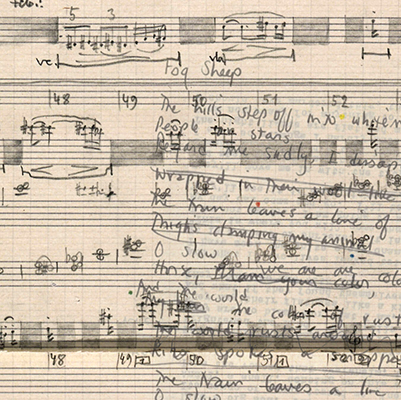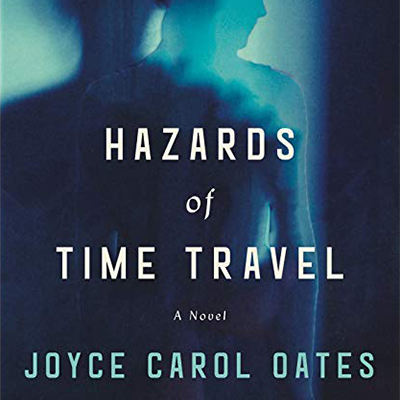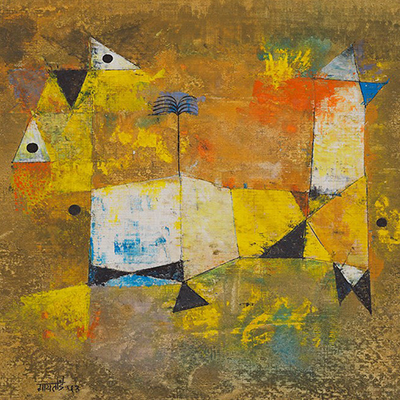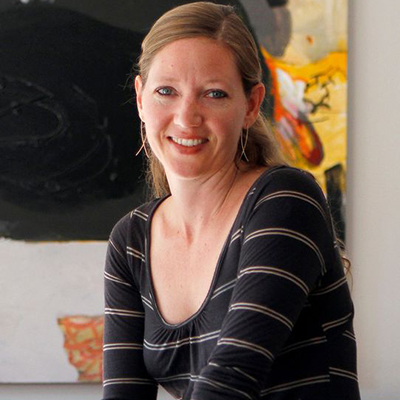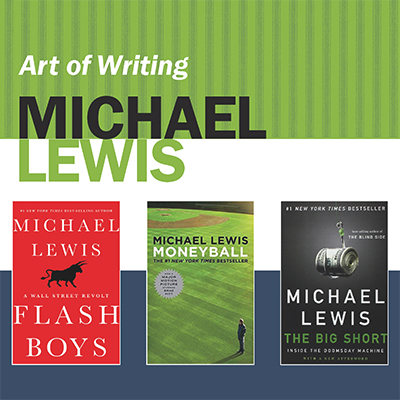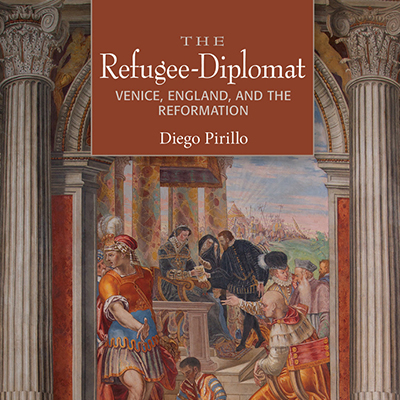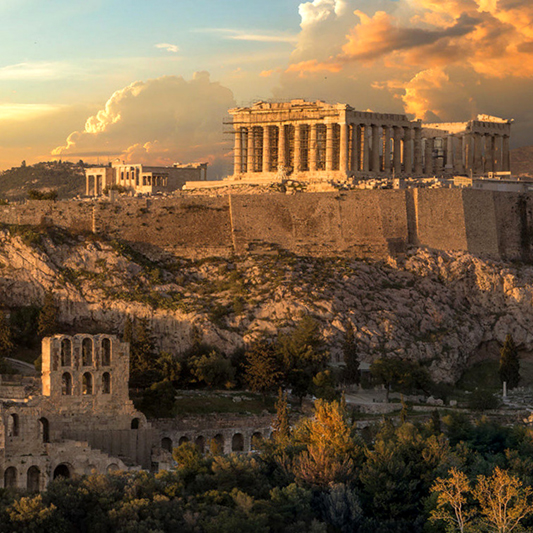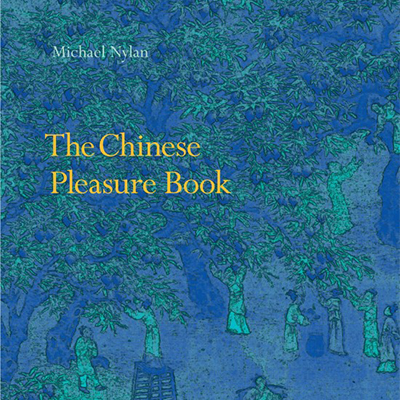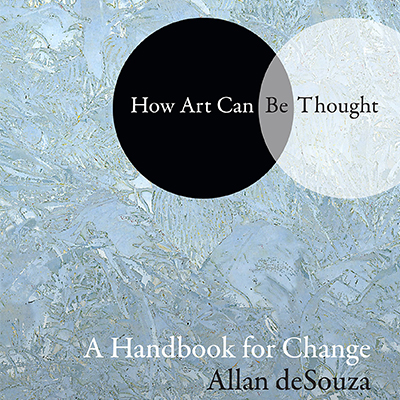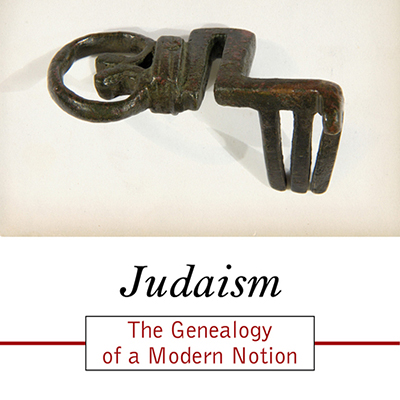Thinking about Composition
Three master practitioners — award-winning composer Sivan Eldar, noted jazz musician and composer Myra Melford, and celebrated poet Geoffrey O'Brien — explore the practice and problem of composition across different artistic media, scholarship, and thought.
Joyce Carol Oates’s latest novel is the dystopian story of a young woman living in a bleak future dictatorship, who is punished for her transgressions by being sent back in time.
Writing Freedom — and Its Constraints
Maggie Nelson, the 2018-19 Una's Lecturer, is joined in conversation by UC Berkeley professor of English Nadia Ellis.
Michael Lewis, author of The Big Short, Moneyball, and other bestselling books, discusses his career and practice as a writer.
Diego Pirillo offers a new history of early modern diplomacy, centered on Italian religious refugees who left Italy in order to forge ties with English and northern European Protestants in the hope of inspiring an Italian Reformation.
The Politics of Truth: A Way Forward
Arlie Hochschild and Thomas Laqueur discuss the contributions that academic scholars can make to the public understanding of truth and its relation to politics.
Michael Nylan explores the concept of “pleasure”—including both short-term delight and longer-term satisfaction—as understood by major thinkers of ancient China.
What terms do we use to describe and evaluate art? How do we judge if art is good, and if it is for the social good? DeSouza investigates the terminology through which art is discussed, valued, and taught.
Boyarin argues that the very concept of a religion of “Judaism” is an invention of the Christian church that was adopted by Jews only with the coming of modernity and the spread of Christian languages.
